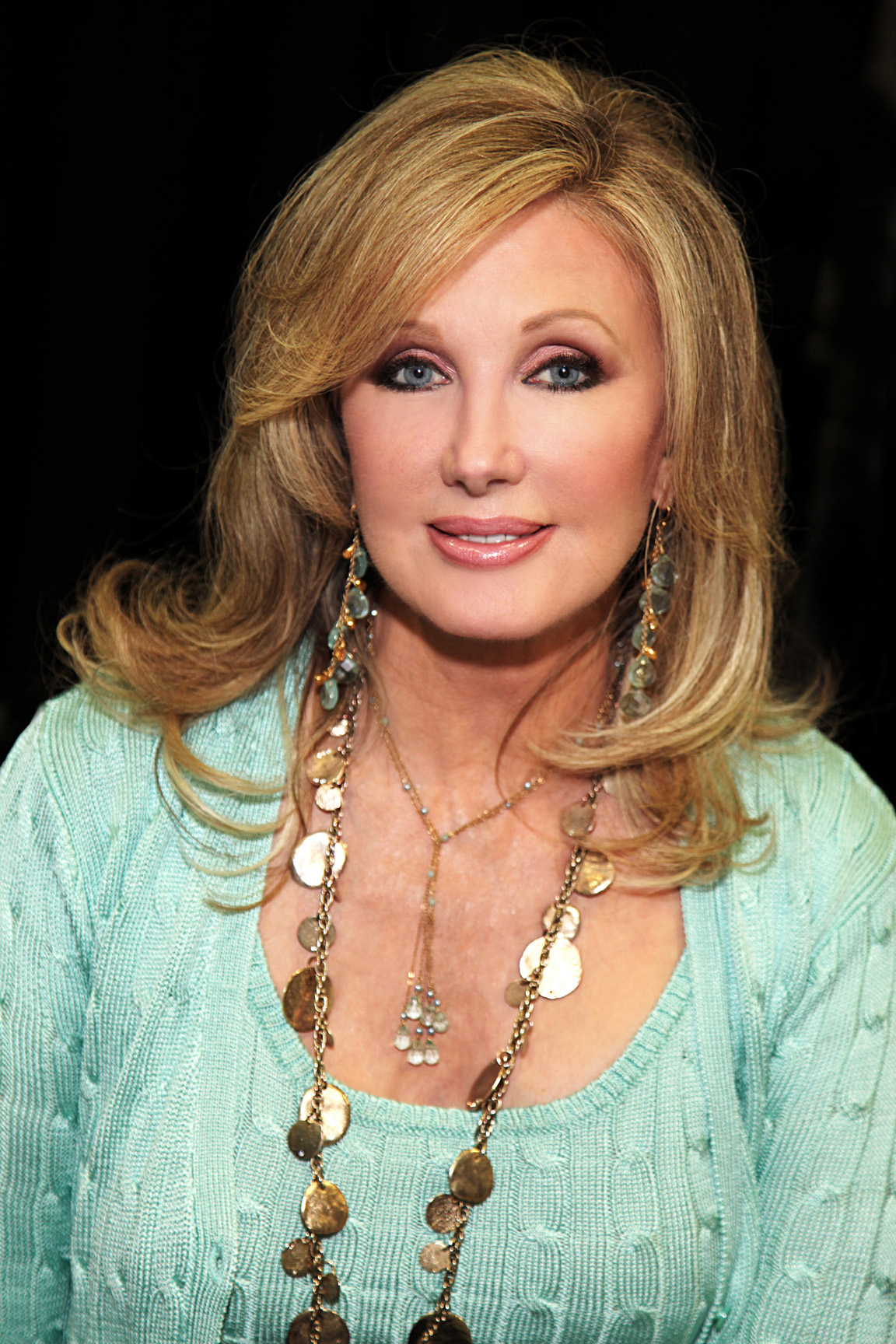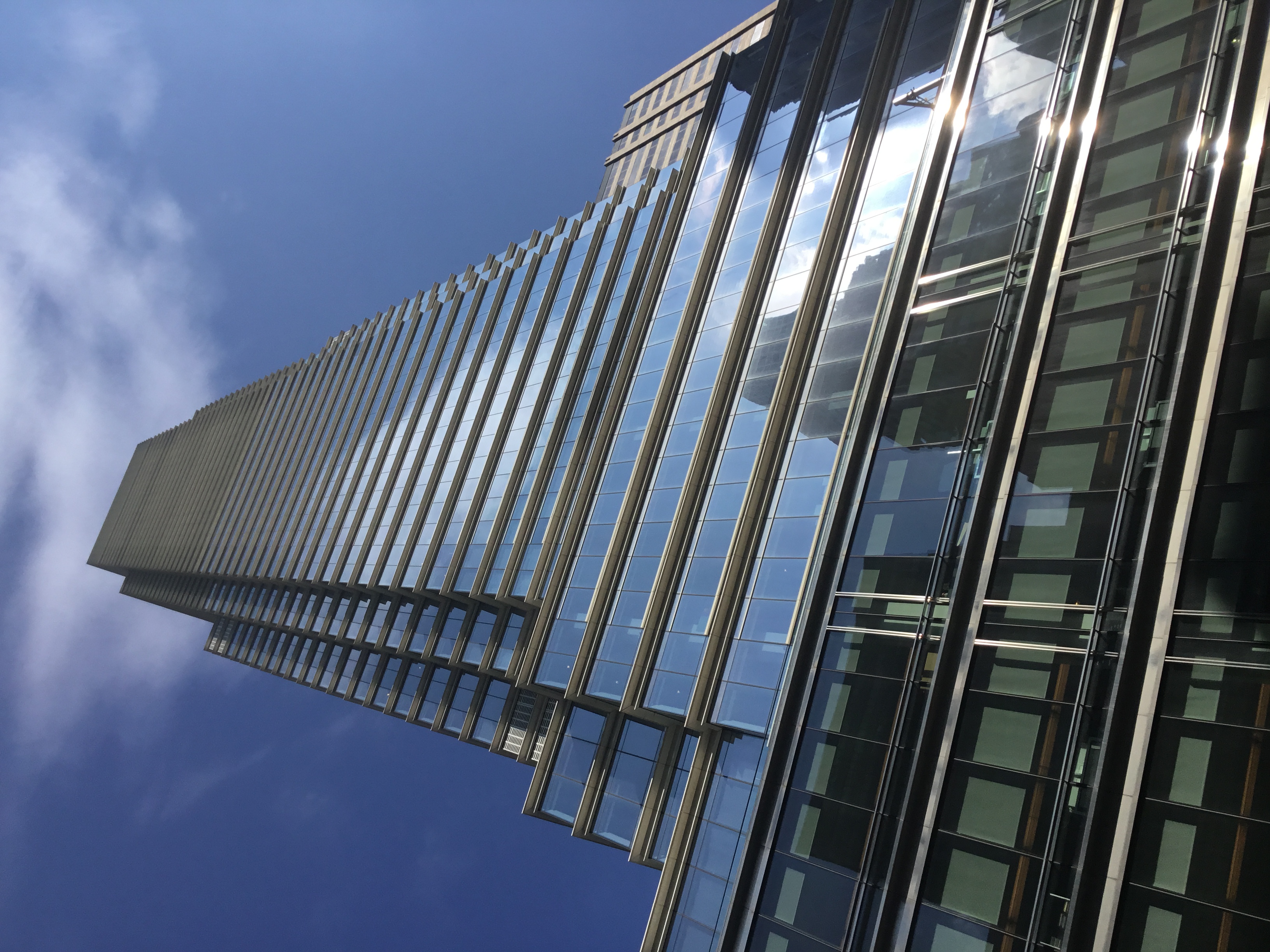Reuters
Explore the timeline of Reuters, the global news organization, highlighting key milestones in its history and development. From its founding in 1851 to its evolution in the digital age, learn about the events that have shaped Reuters' position as a leader in news and information. Discover how Reuters has expanded its reach and adapted to changing technologies and media landscapes.
Foundation of Reuters
Reuters was founded in 1851 by Paul Julius Reuter in London. Originally, the company was established to transmit stock market quotations between London and Paris via the new Dover-Calais submarine telegraph cable. Over time, Reuters expanded its network and services, becoming one of the world's leading news agencies renowned for timely and accurate reporting.
Reuters becomes a corporation
In 1925, Reuters transitioned from being a private company to a corporation. This change enabled the company to expand its services and enhance its global news coverage. Reuters continued to grow in response to the increasing complexity of international communication and media needs, solidifying its reputation as a credible source of news.
Reuters and censorship during WWII
During World War II, Reuters faced challenges related to censorship and maintaining its independence. Despite pressures, Reuters managed to preserve its impartiality and journalistic integrity, ensuring that accurate and unbiased news reached the public even in times of conflict. This period reinforced Reuters' commitment to its foundational principles.
Launch of Reuters Monitor Money Rates Service
In 1984, Reuters launched the Reuters Monitor Money Rates Service, which revolutionized the way financial information was delivered in real-time to financial institutions globally. This service allowed subscribers to access up-to-the-minute data and contributed significantly to the development of global financial markets.
Reuters Greenhouse Fund
Reuters set up the Reuters Greenhouse Fund in 1992 to support emerging technology companies by providing them with venture capital. The fund aimed at capturing innovations that could later benefit Reuters and its operations by maintaining a competitive edge in technological advancements within the media industry.
Thomson acquires Reuters
In 2008, The Thomson Corporation completed its acquisition of Reuters Group to form Thomson Reuters, creating one of the largest international multimedia news providers. This merger combined Reuters' established news service with Thomson's substantial presence in the financial data markets, offering comprehensive services to clients worldwide.
Reuters establishes new global central editing desk
In 2012, Reuters established a new global central editing desk aimed at improving the consistency and quality of news stories to deliver more precise and well-coordinated reporting. This move was part of Reuters' efforts to streamline operations and adapt to the evolving digital media landscape.
Reuters collaborates with Facebook for live video service
In 2016, Reuters partnered with Facebook to deliver live video news content on the social media platform. This collaboration marked a significant step for Reuters into digital and social media news delivery, allowing it to expand its reach and engage with a broader audience through innovative formats.
Reuters Fact Check Launch
Reuters launched its Fact Check unit in 2020 as part of its ongoing efforts to combat misinformation. This dedicated team was set up to verify content shared across social media and digital platforms, providing reliable and factual news in an era where false information was proliferating.
Reuters captures US Capitol riots
On January 6, 2021, Reuters played a pivotal role in documenting the events as they unfolded during the US Capitol riots. Its on-ground reporting and comprehensive coverage were crucial in informing the global audience about the unprecedented attack on American democracy.
Frequently asked questions about Reuters
Discover commonly asked questions regarding Reuters. If there are any questions we may have overlooked, please let us know.
When did Reuters become part of Thomson Reuters?
How did Reuters initially transmit news?
What major technological advancement did Reuters employ to expand its news service?
What is the founding year of Reuters?
Related timelines
More timelines connected to Reuters







